
OR
Political bickering continues to stall progress of transitional justice
Published On: January 18, 2024 08:30 AM NPT By: Bhasa Sharma
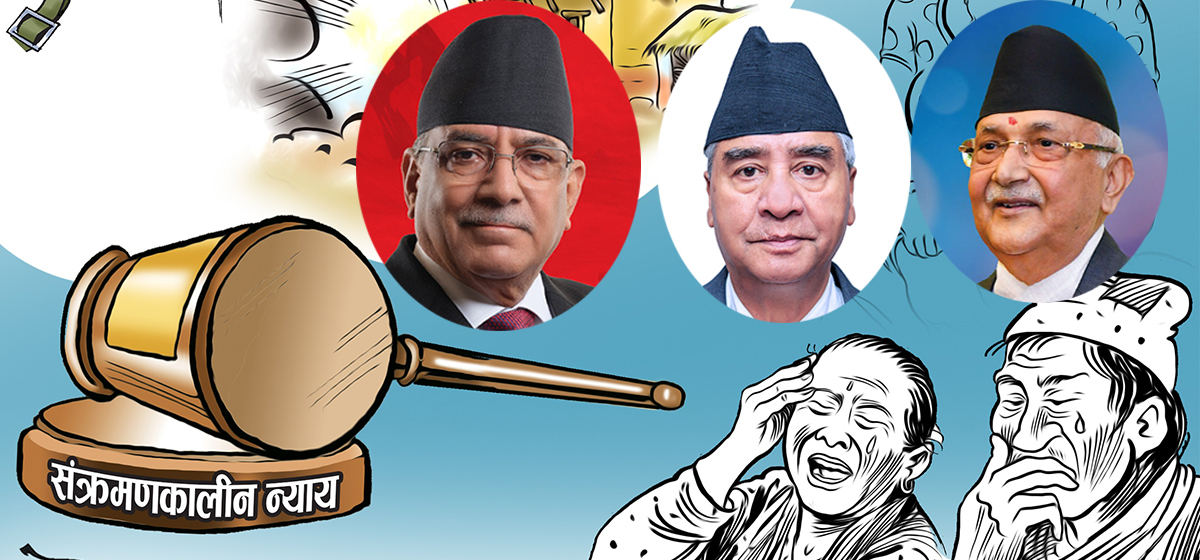
KATHMANDU, Jan 18: It has been 22 years since Muktinath Adhikari, a teacher and rights activist of Lamjung, was brutally murdered by the then Maoist rebels on January 16, 2002, for not providing donations. Many other victims of the decade-long armed conflict and their families are still waiting for justice.
Since 2063 BS, every government has repeatedly said that the issue of transitional justice will be addressed, but it has yet to make a meaningful impact. The promises made by top leaders of political parties regarding transitional justice have also proven to be false and misleading.
It has been 18 years since the Maoists insurgents shunned violence and formally entered into the peace process with the signing of the Comprehensive Peace Agreement. However, the transitional justice issue is yet to be resolved due to the political bickering.
The bill related to transitional justice is currently stalled in parliament. A bill to amend the Commission for the Investigation of Enforced Disappeared Persons Act and the Truth and Reconciliation Commission Act (2014) is under consideration in the parliament.
During a discussion on the Transitional Justice Bill held by a sub-committee of the Parliament's Law, Justice, and Human Rights Committee, lawmakers raised the issue that the bill should be addressed by majority votes. Another point of contention is whether the decision on transitional justice should be taken through consensus or majority votes.
Law Minister Dhanraj Gurung had assured that the bill would be finalized after a consensus among the top-level leaders in the committee meeting. However, some members of the committee argued that the bill should not be a victim of indecisiveness if there is no consensus regarding the contentious issue.
Instead of discussing the issue of consensus or majority votes, the parliamentarians should focus on resolving the controversial issues of the bill. The committee had tasked the top leaders to seek consensus on the controversial issues of the Transitional Justice Bill.
Top leaders namely Prime Minister Pushpa Kamal Dahal, President of Nepali Congress Sher Bahadur Deuba, Chairman of the main opposition party CPM-UML KP Sharma Oli discussed this issue on December 24 and 25.
During the discussion, the leaders agreed that this issue should be resolved immediately. Mainly, the victims of the armed conflict have raised objections to four issues laid down in the bill. The first dispute is whether the definition of grave human rights violations should include arbitrary killings or killings in crossfire. The second point of contention is what shall be done if the victims of human rights violation do not give consent for reconciliation.
The third controversy is regarding the choice of words for reparation (relief and assistance) for the child soldiers involved in the conflict. The fourth dispute is regarding the proposal to reduce the sentence.
The leaders said they would pass the bill by agreeing on these four disputed issues. However, they say that there cannot be an agreement on the disputed matters if they opt for majority process. It remains to be seen if the parties reach a consensus by addressing the demands of the victims as well.
Suman Adhikari, the former president of the Conflict Victims Common Platform, said that the parliamentary committee could not discuss the disputed point in depth. He said that the discussions in the parliament are not focused on controversial issues.
“We do not see any reason why the agreement has not been reached yet,” said Adhikari. He argues that lawmakers did not have a victim-centric debate. “What do the victims want? There is no concrete plan regarding a credible commission. There is no transparency and accountability,” he said.
He mentioned that the leaders are dilly-dallying in providing justice to the conflict victims. He added that parliamentarians have not studied much about transitional justice.
Director of Amnesty International Nepal, Nirajan Thapaliya, said, “Thousands of victims of the conflict like me have suffered for a long time. The inordinate delay and neglect by the government to finalize transitional justice has added salt to our wounds.”
You May Like This
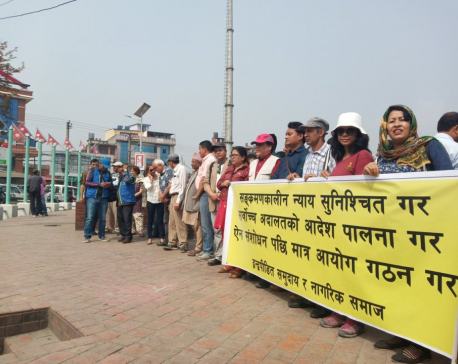
Rights bodies accuse Nepal of stalling justice for conflict-era crimes
Human Rights Watch and Advocacy Forum say that failure to prosecute those responsible for conflict-era crimes is enabling fresh abuses... Read More...

Panel may recommend TJ office bearers in a week
KATHMANDU, Nov 16: A committee formed to recommend chiefs and members of the transitional justice (TJ) bodies is preparing to... Read More...

Conflict victims demand their 'say' in transitional justice process
KATHMANDU, March 1: The Conflict Victims Common Platform (CVCP) has called on the government to incorporate the survivors of a decade-long... Read More...
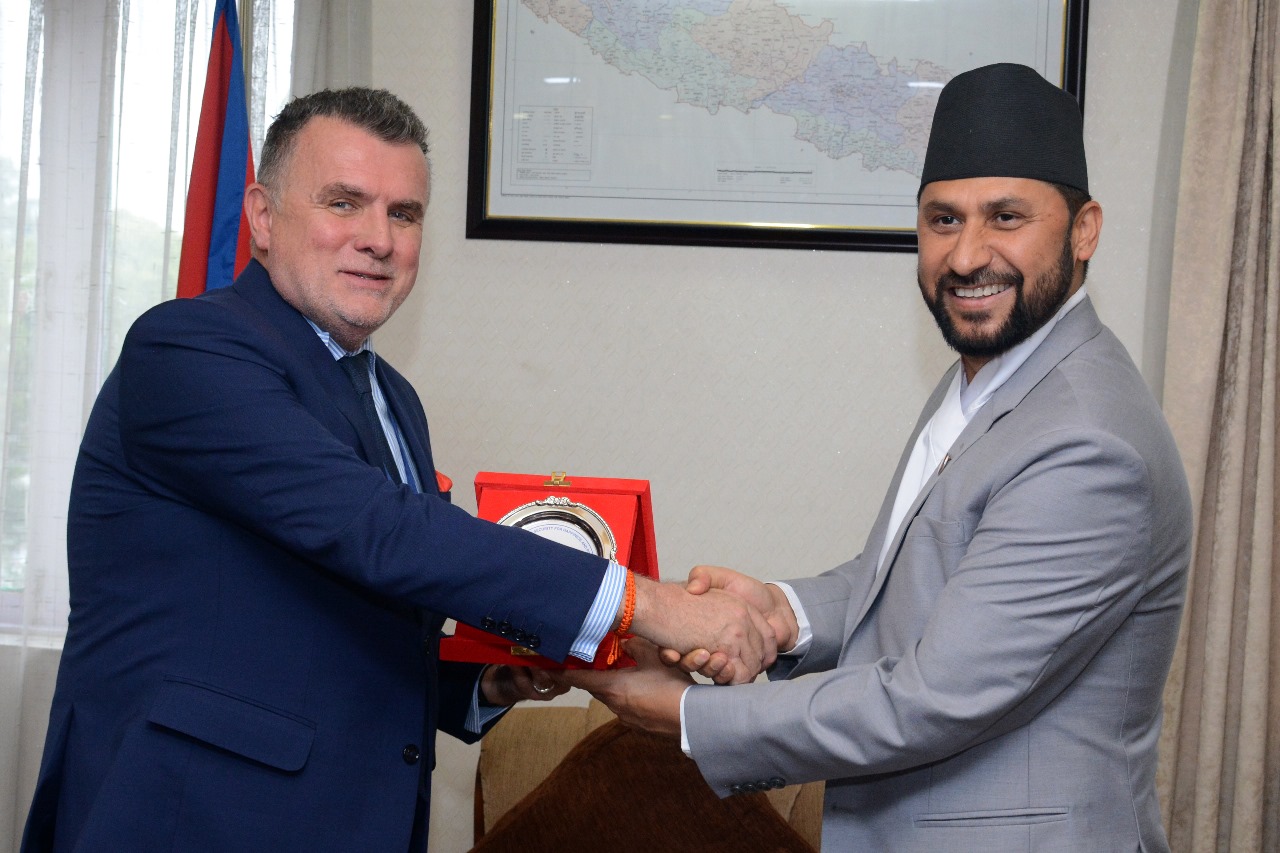

-1200x560_20240313155240.jpg)
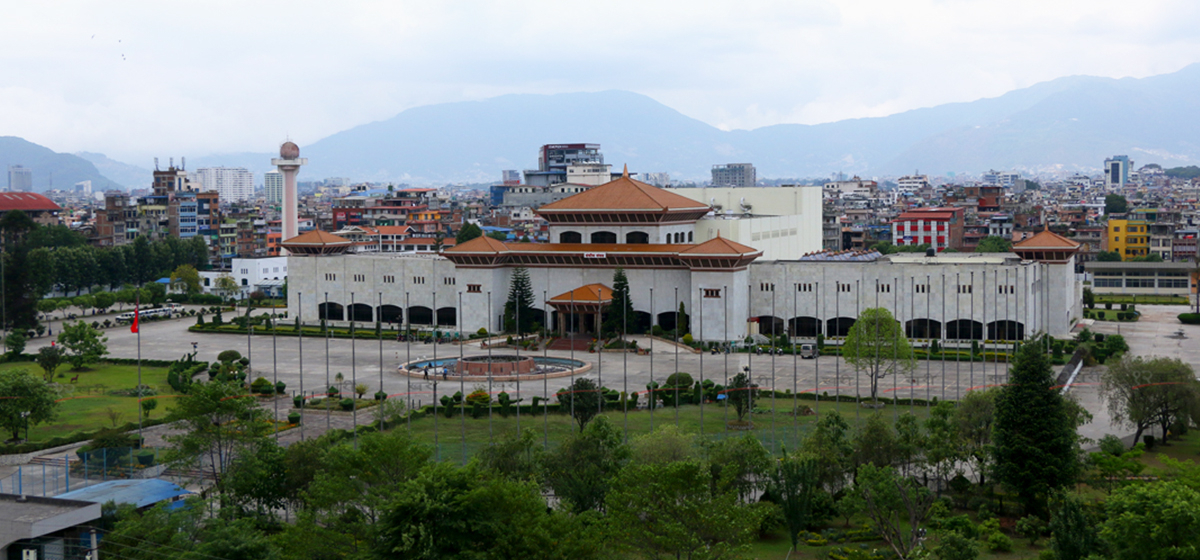

Just In
- DPM Lamichhane and Swedish Ambassador Thesleff meet
- Education ministry seeks reasons for removing 10 Nepali students from Bangladeshi scholarship quota
- PM to address parliament on May 19
- Govt’s policies and programs to be discussed in parliament for six days, to be passed on May 22
- Application opens for Miss Universe Nepal 2024
- 14 injured as Bolero jeep carrying funeral procession passengers meets with accident
- Tamor Corridor Road Project warns five companies of terminating contracts
- Packaged foods sold in guise of ‘sugar free’ items rampant in market





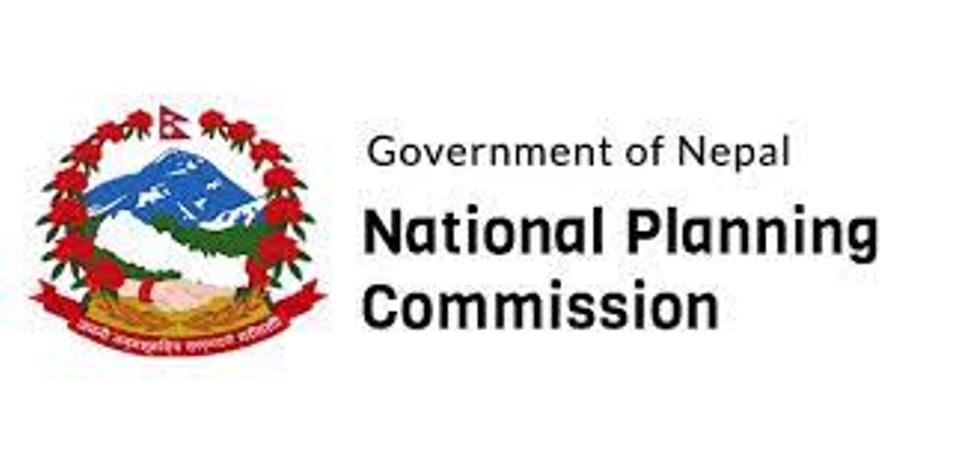
_20240514180252.jpg)
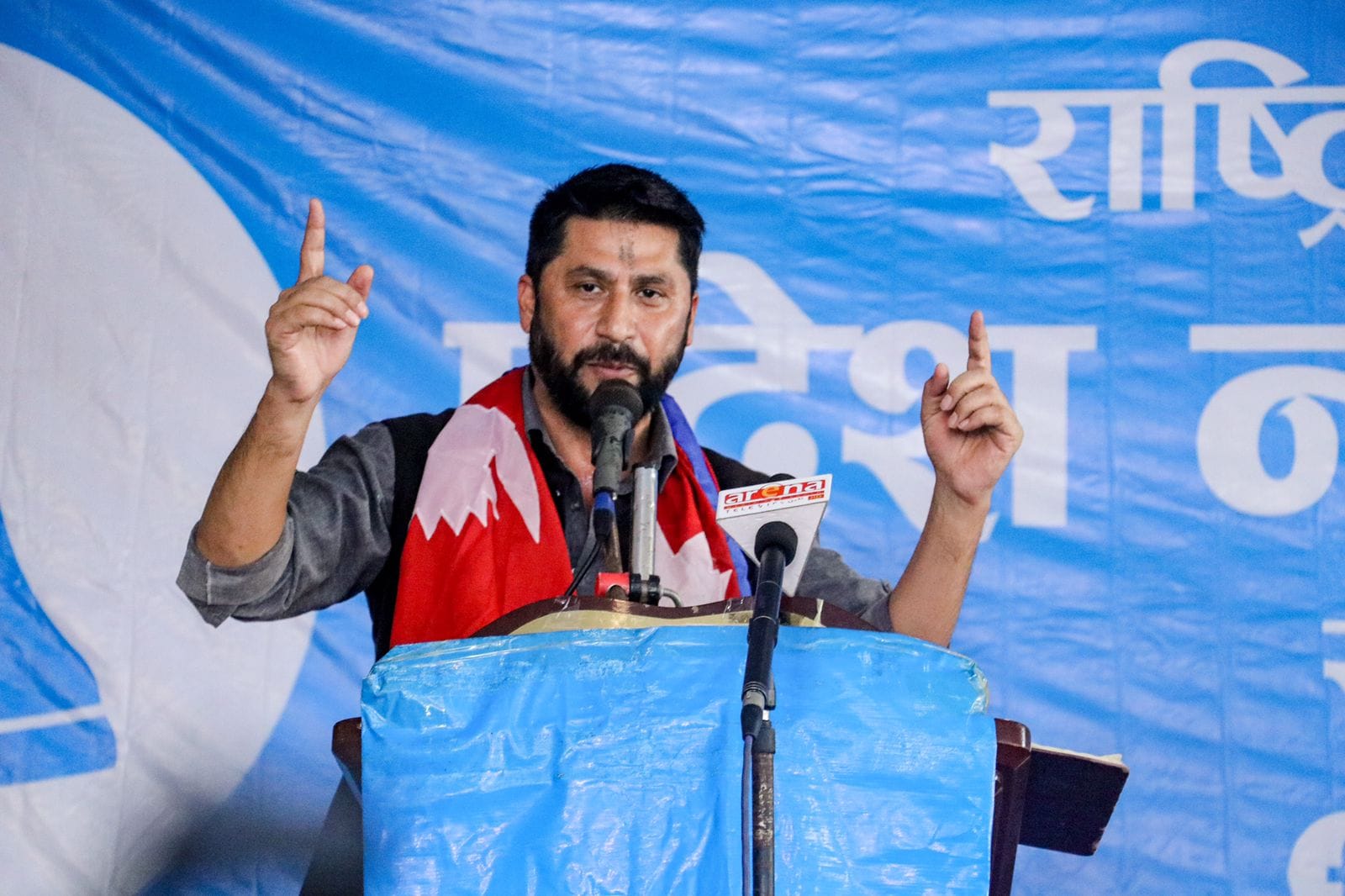
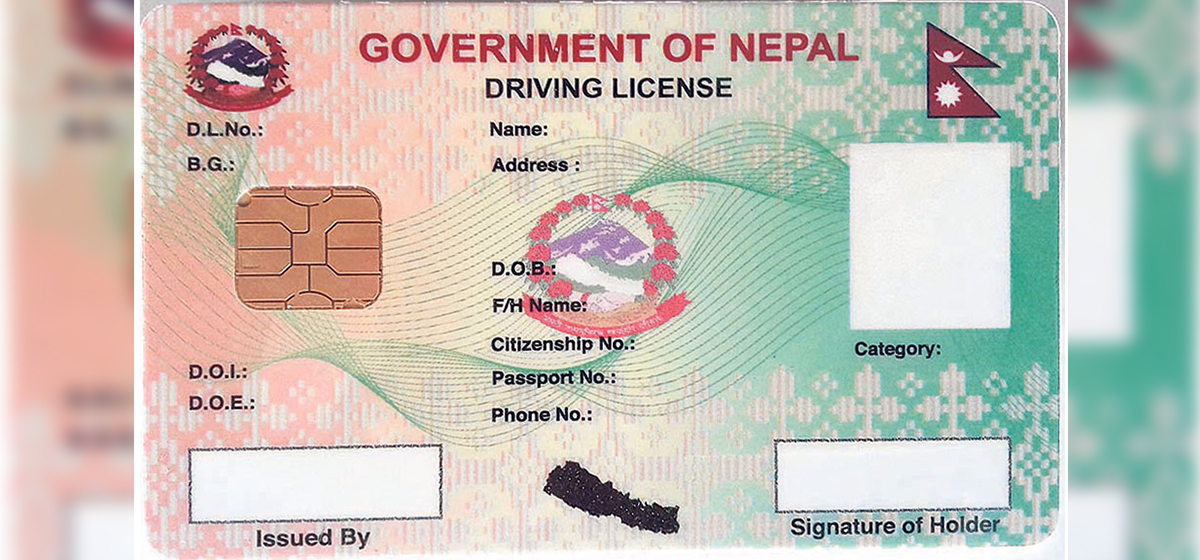
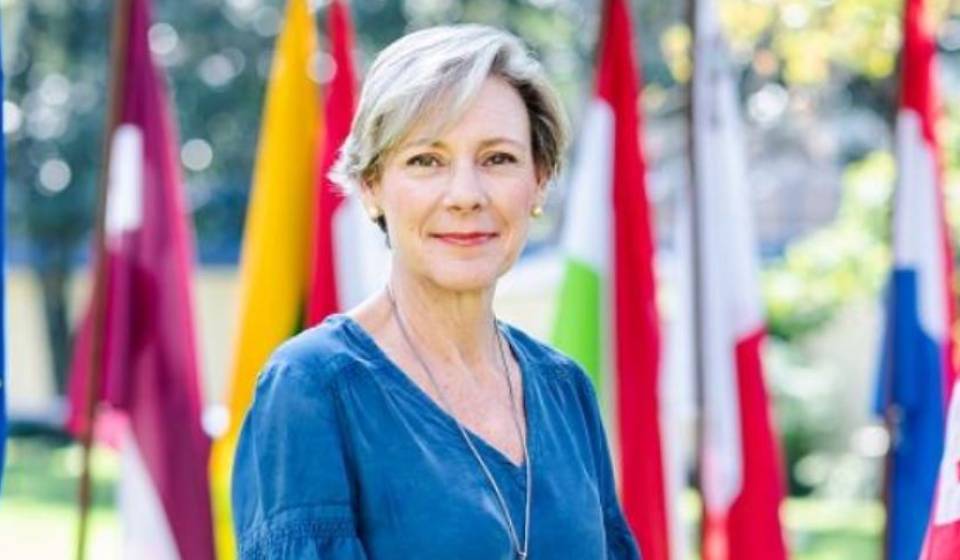
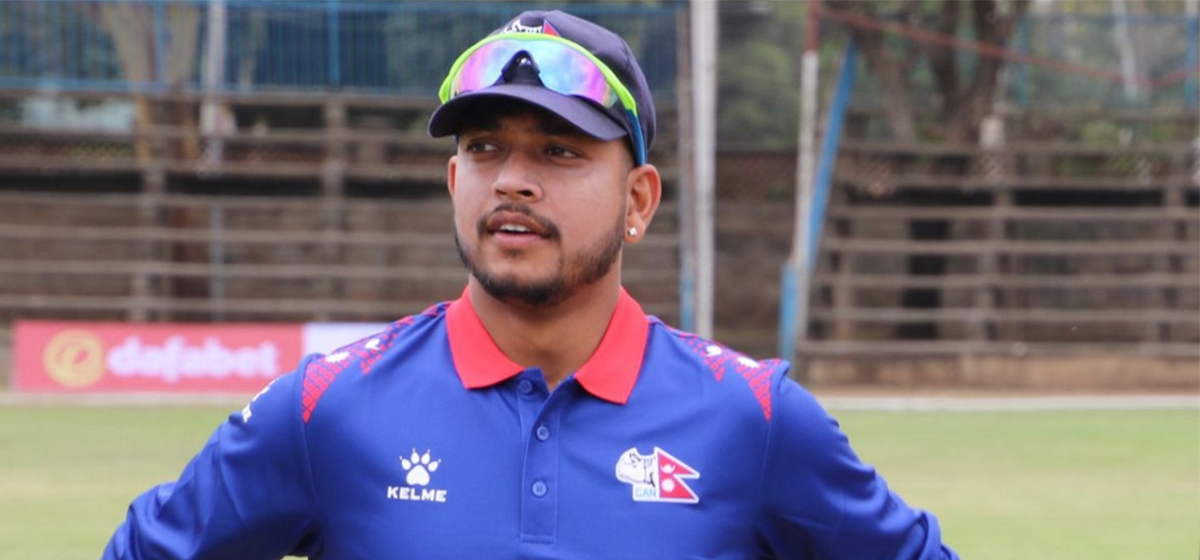

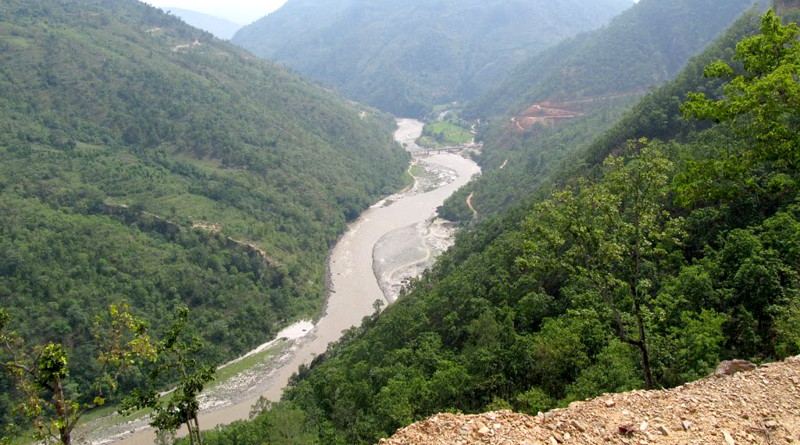

Leave A Comment